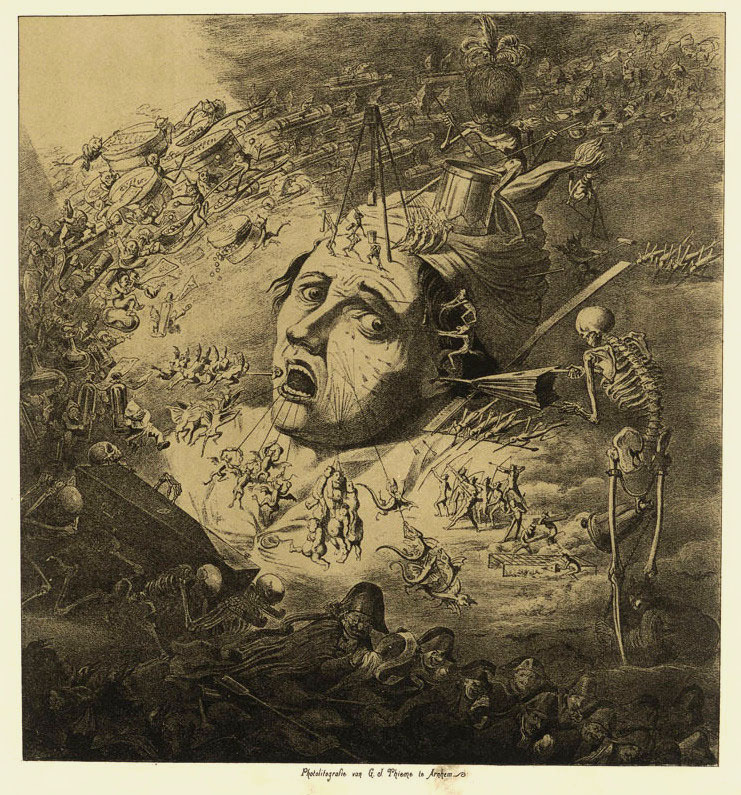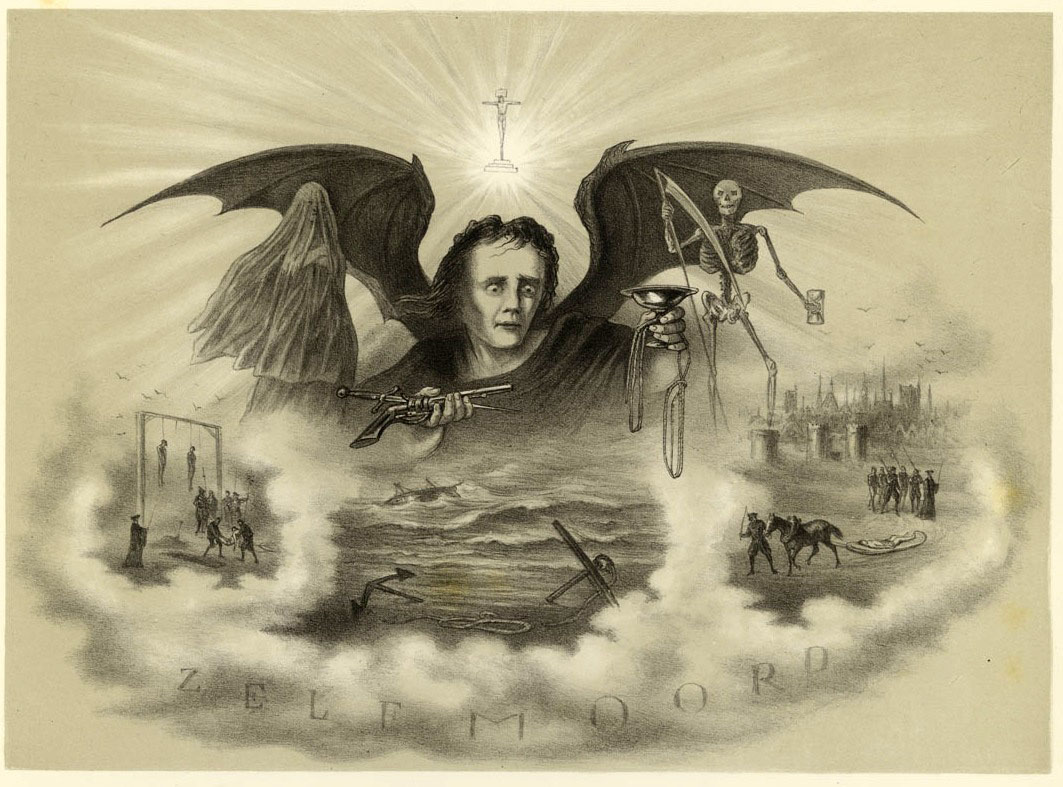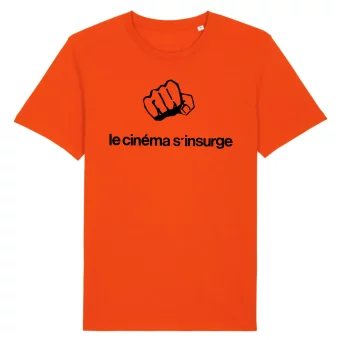The artist Alexander Ver Huell (7 March 1822 – Arnhem, 28 May 1897) is best known for his sketches, illustrations and cartoons, often directed at the life of university students in Leiden in his native Netherlands. He used the pseudonym O.Veralby – if you say it quickly it sounds like overal bij (present everywhere) in Dutch. But he also drew macabre visions of battles between good and evil.
Paul K has selected these of Huell’s work that “edge towards the macabre and fanciful rather than the majority of his sketches, which are far more benign, contemporary and humorous.
Ver Huell had been a law student at Leiden University which became the focus for a lot of his drawing, even after he completed his degree and subsequent doctorate. Humorous designs for University publications were the foundation of his career and led to book and magazine illustrating assignments. By 1850 he was a well known and respected artist.
As he grew older, however, Ver Huell experienced a change in his personality in which he became more paranoid and socially alienated and his sketches veered away from the whimsical to concentrate on depicting evil and devils. He believed that “an artist has a social function: to fight against Evil” and that “[t]rue artists were misunderstood and persecuted”.
Despite his evolving psychiatric problems, Ver Huell maintained close associations with the artistic community both in Holland (where he also tutored art students) and in France, which he visited often. He could count the famous French book illustrator, Gustave Doré, among his long term friends and correspondents.
Via: Memory of the Neth
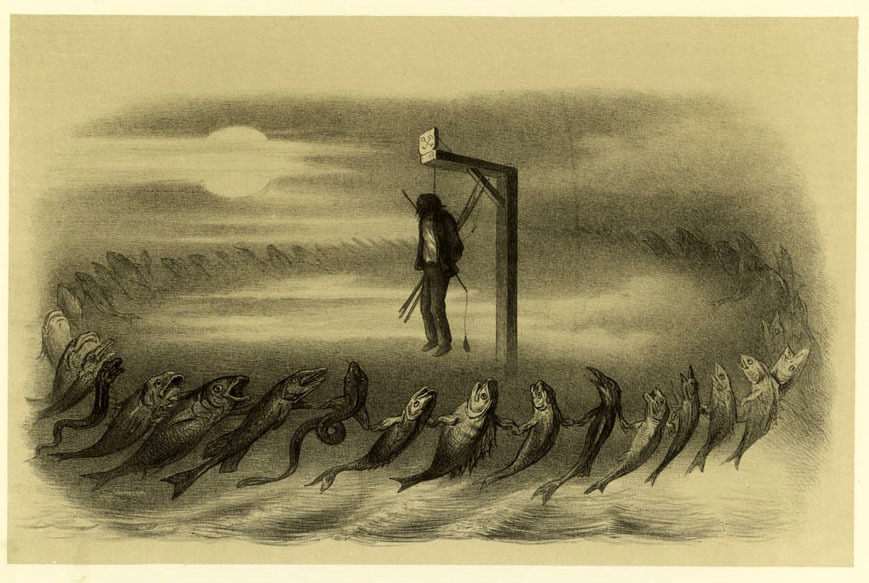
Alexander Ver Huell (1822-1897), ‘Finis Coronat Opus’, from ”Zie daar!”, 1878
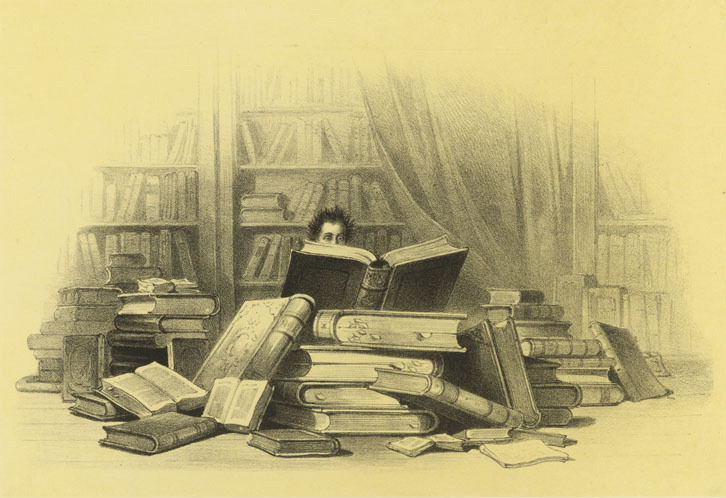
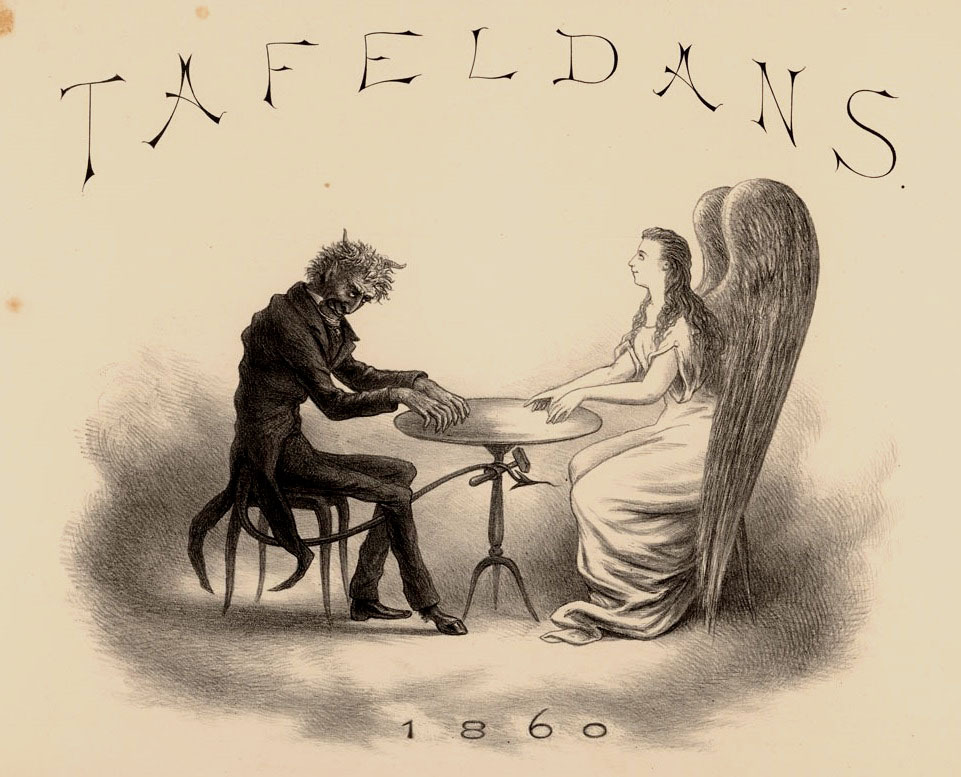
Alexander Ver Huell (1822-1897), ‘Tafeldans’ (Table Dance), from ”Ze zijn er”, 1864-1887
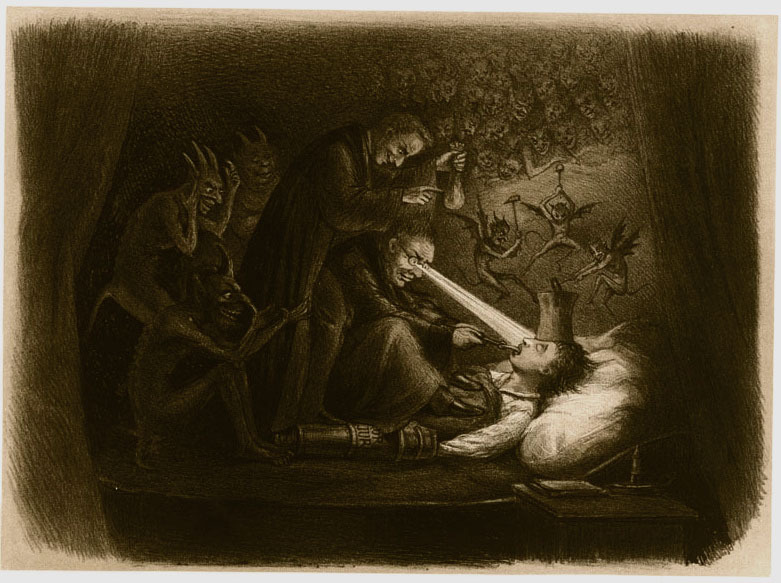
Alexander Ver Huell (1822-1897), ‘nacht voor het examen’, from ”Eerste en laatste studentenschetsen”, 1882
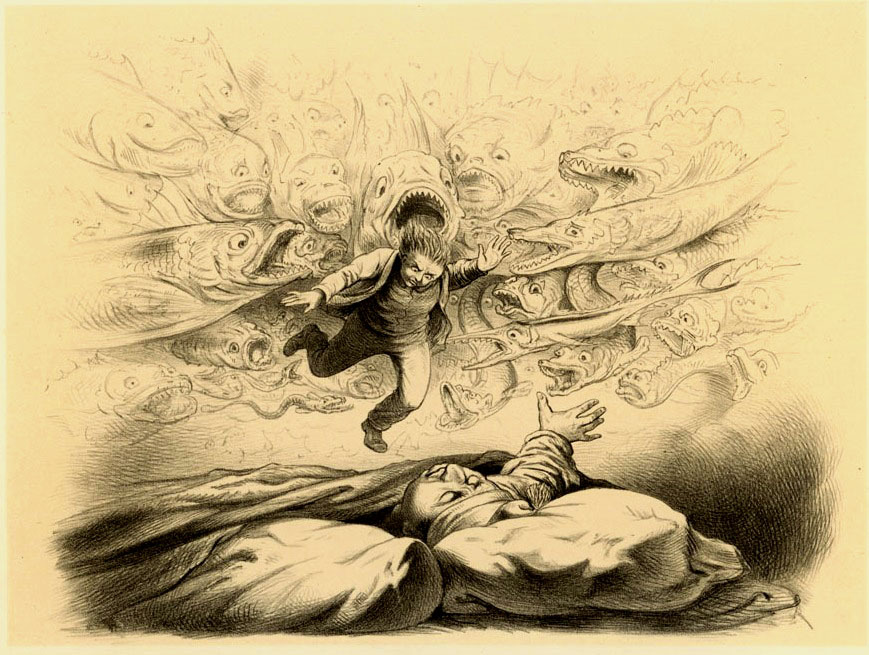
Alexander Ver Huell (1822-1897), ‘Na de Vischpartij’ (After the Fishing Party), from ”Zie daar!”, 1878
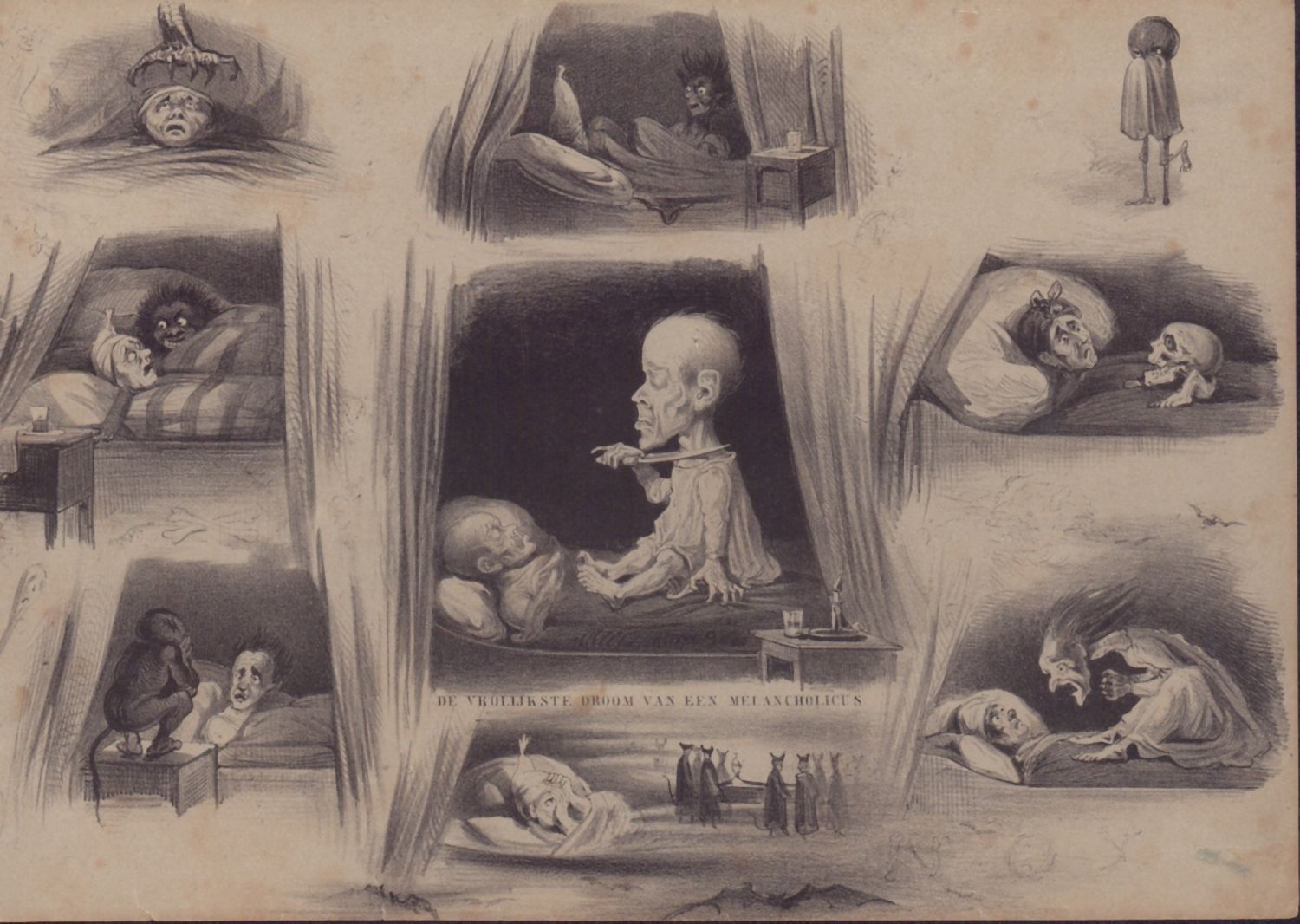
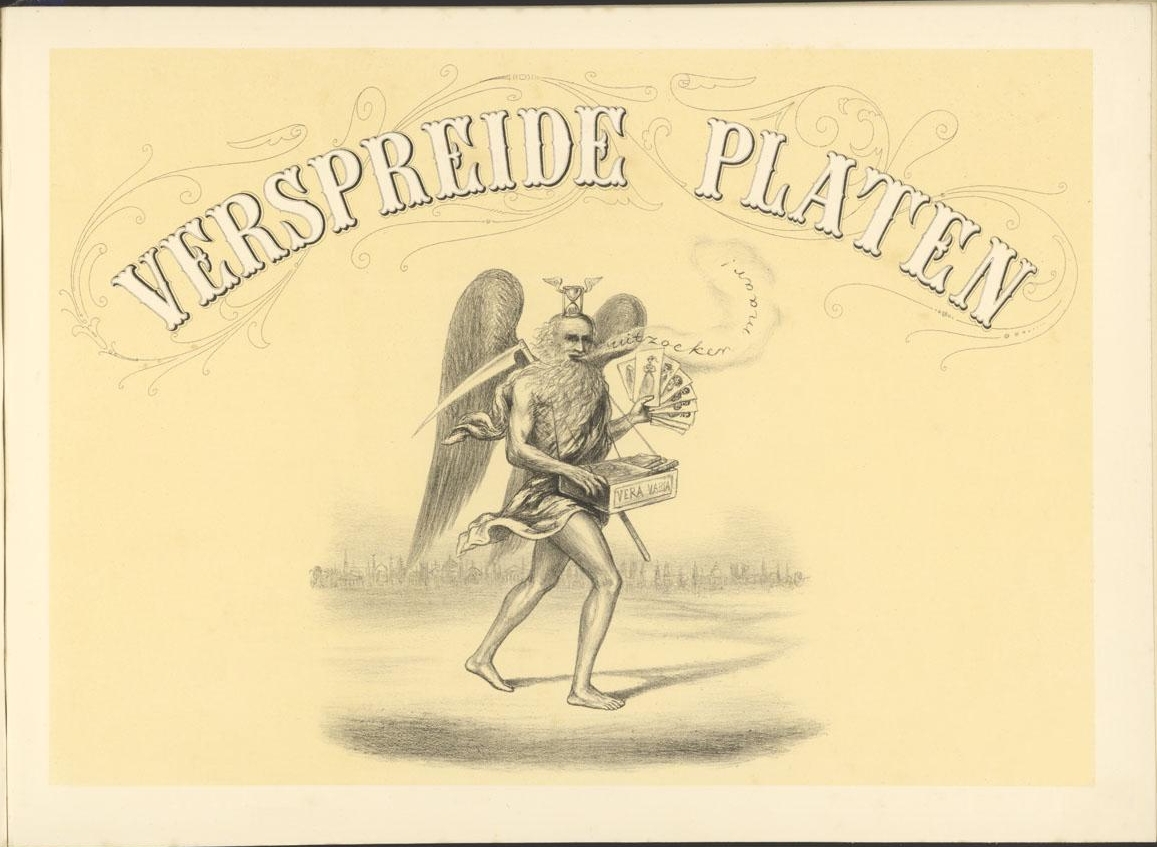
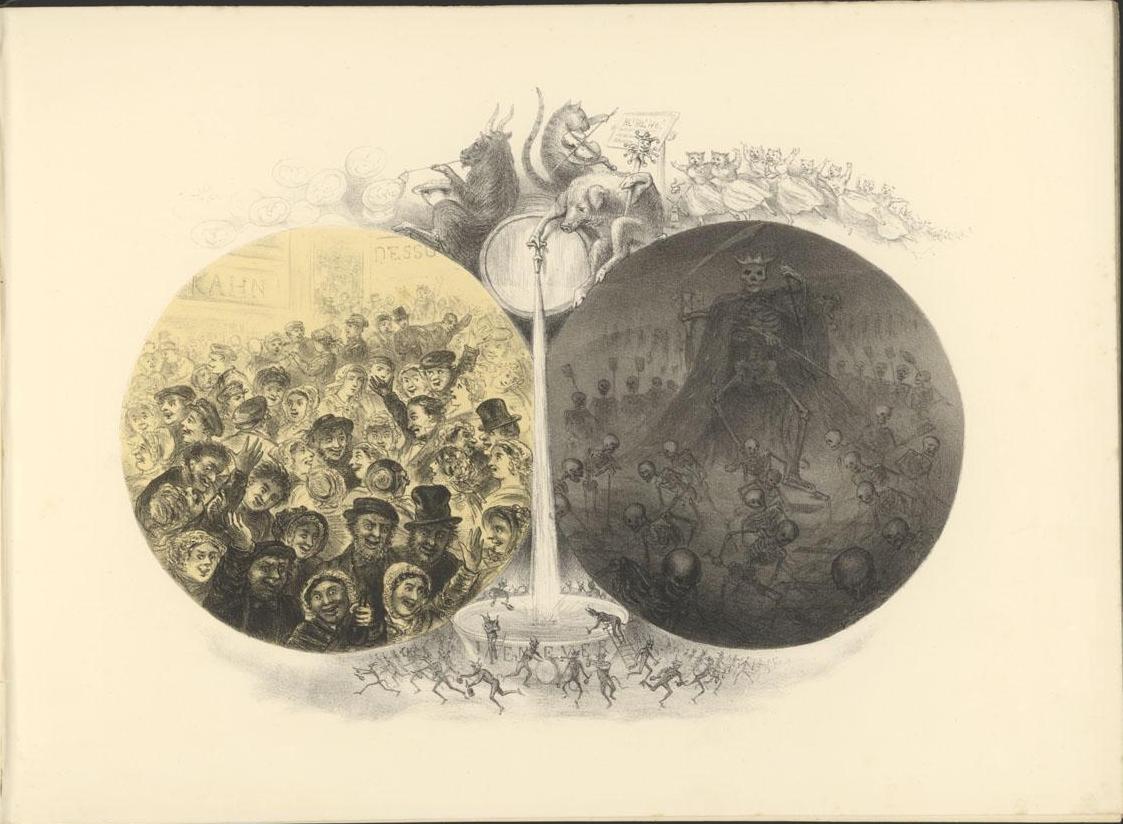
Alexander Ver Huell (1822-1897), from “Afspiegelingen” (Reflections), 1884
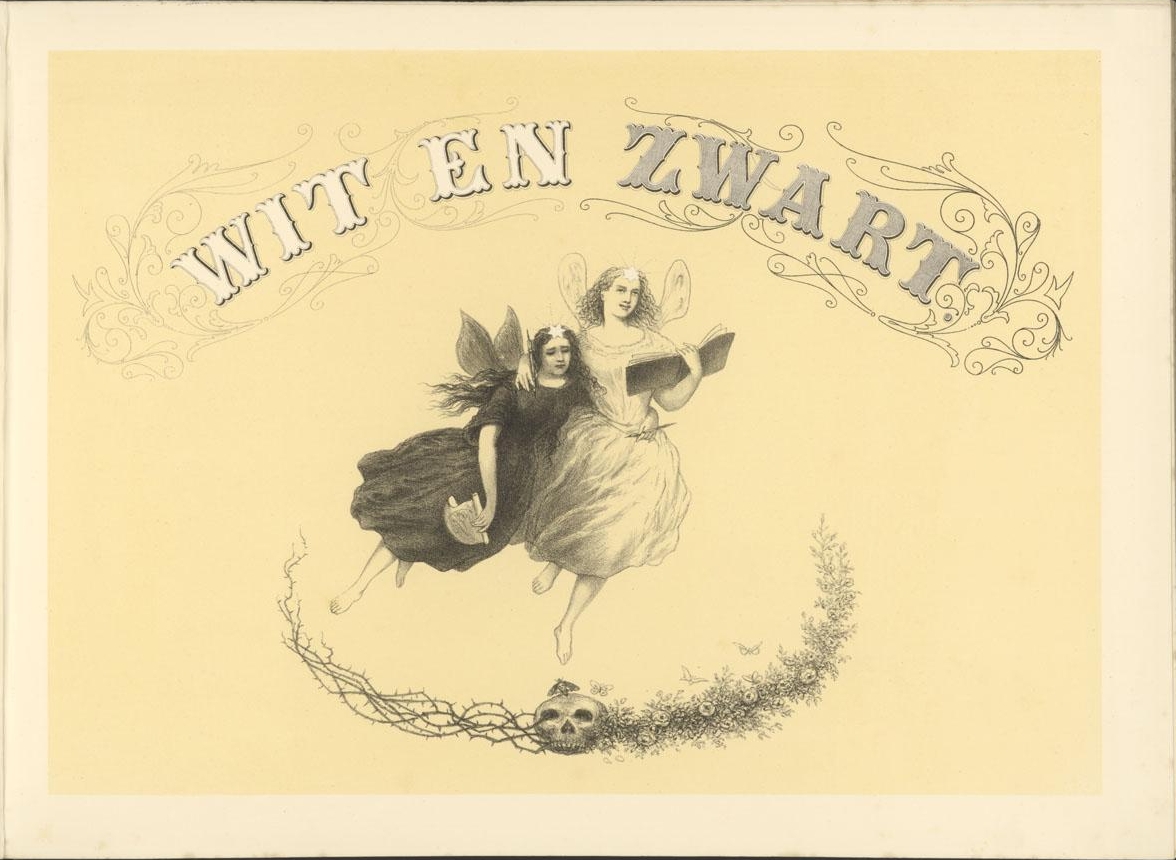
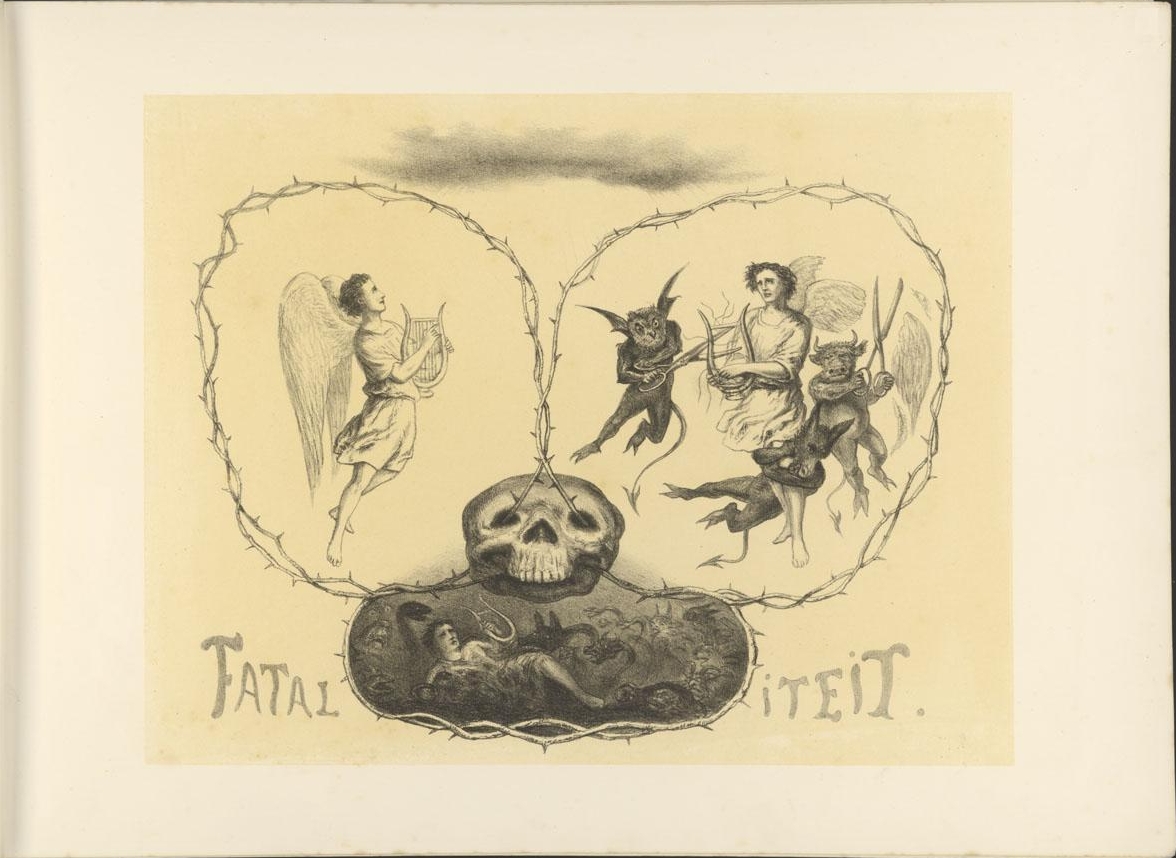
‘Fataliteit’ (Fatality), from “Afspiegelingen” (Reflections), 1884
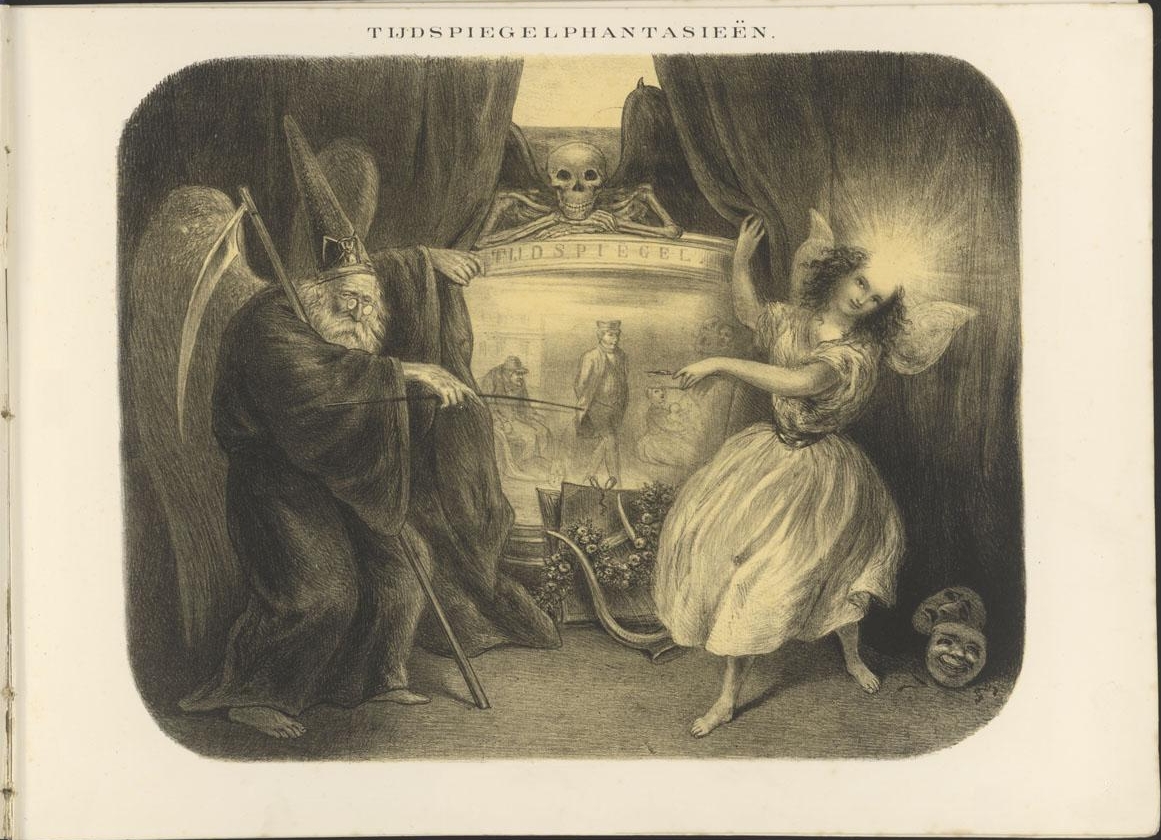
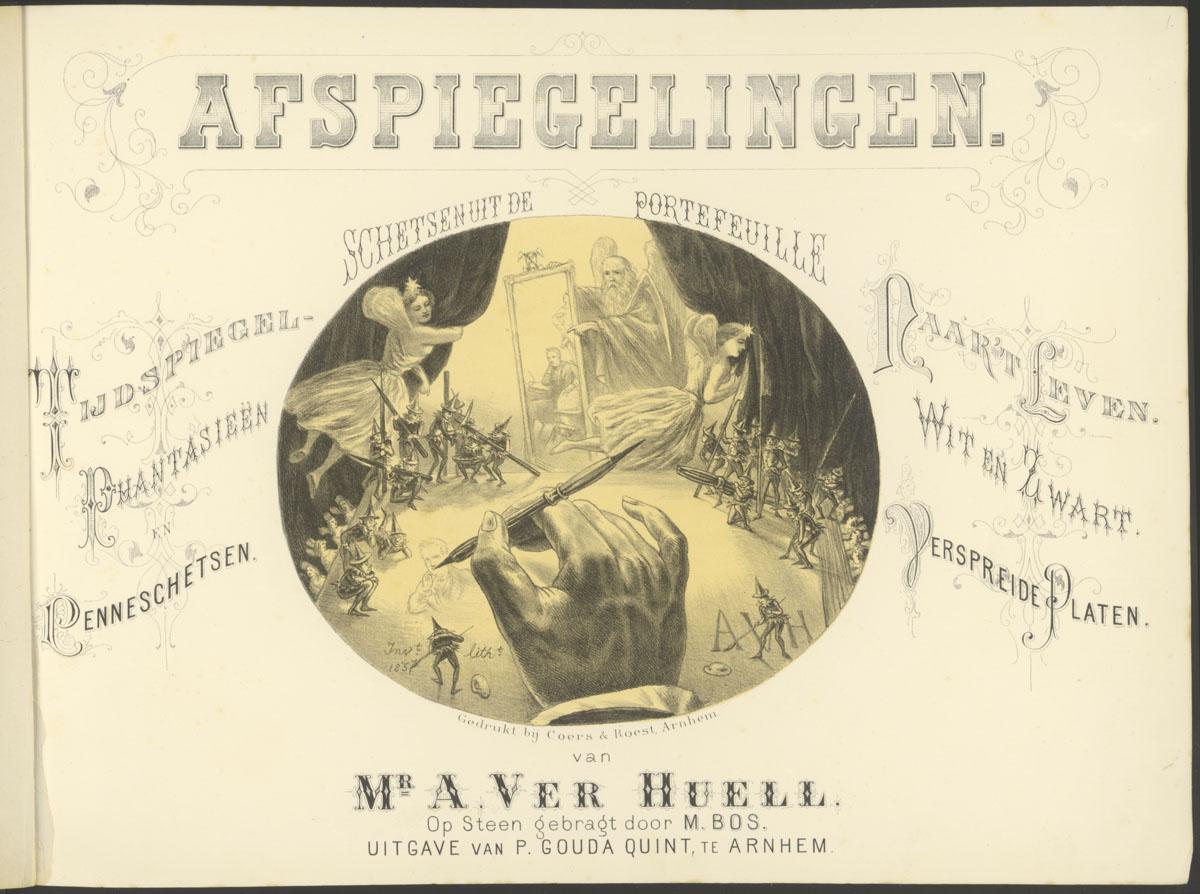
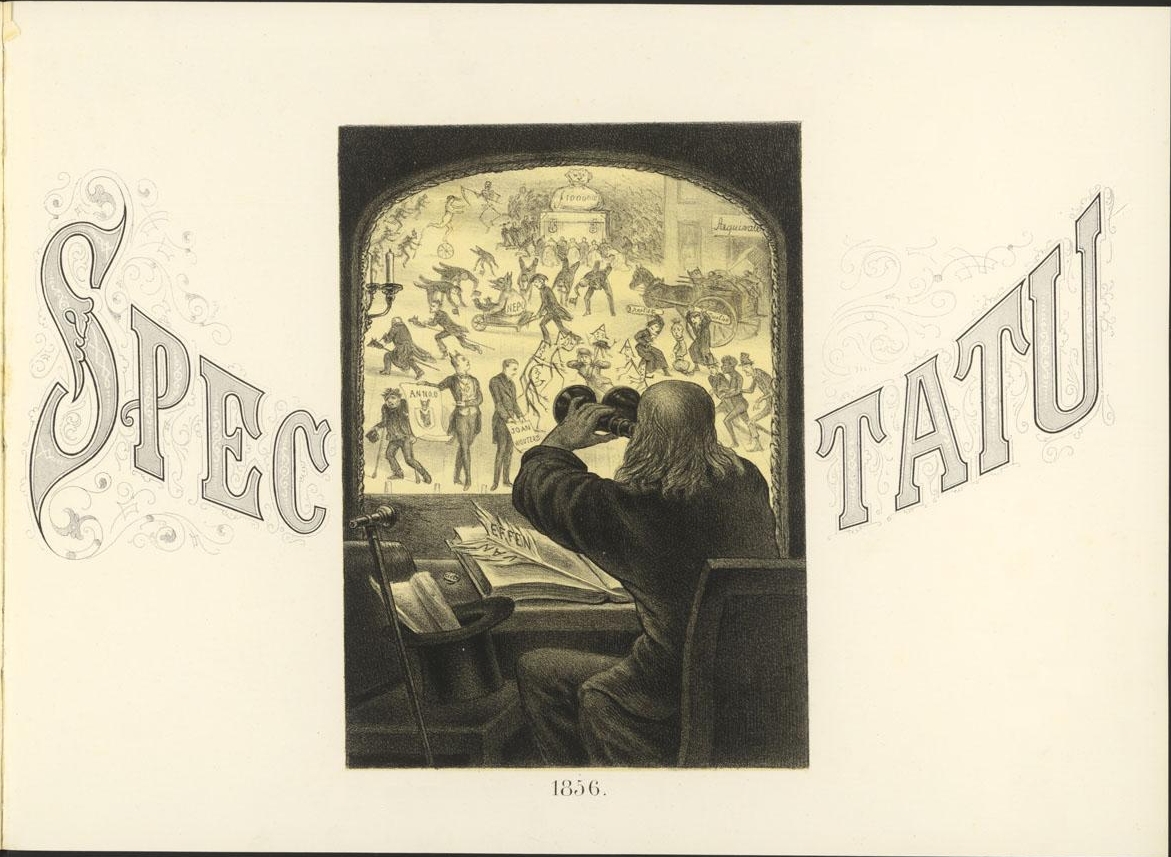
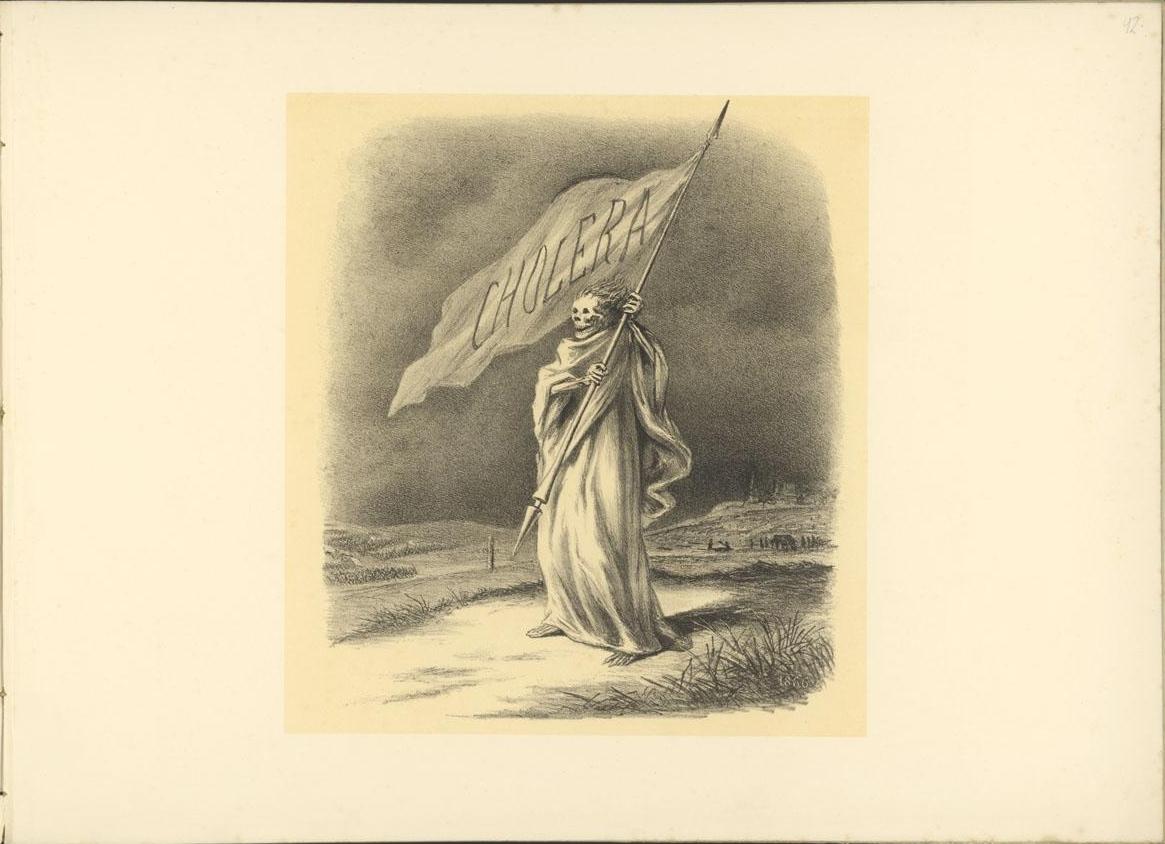
‘De Wachter Aan Onze Grenzen’ (The Guardian To Our Limits/Borders), “Afspiegelingen” (Reflections), 1884
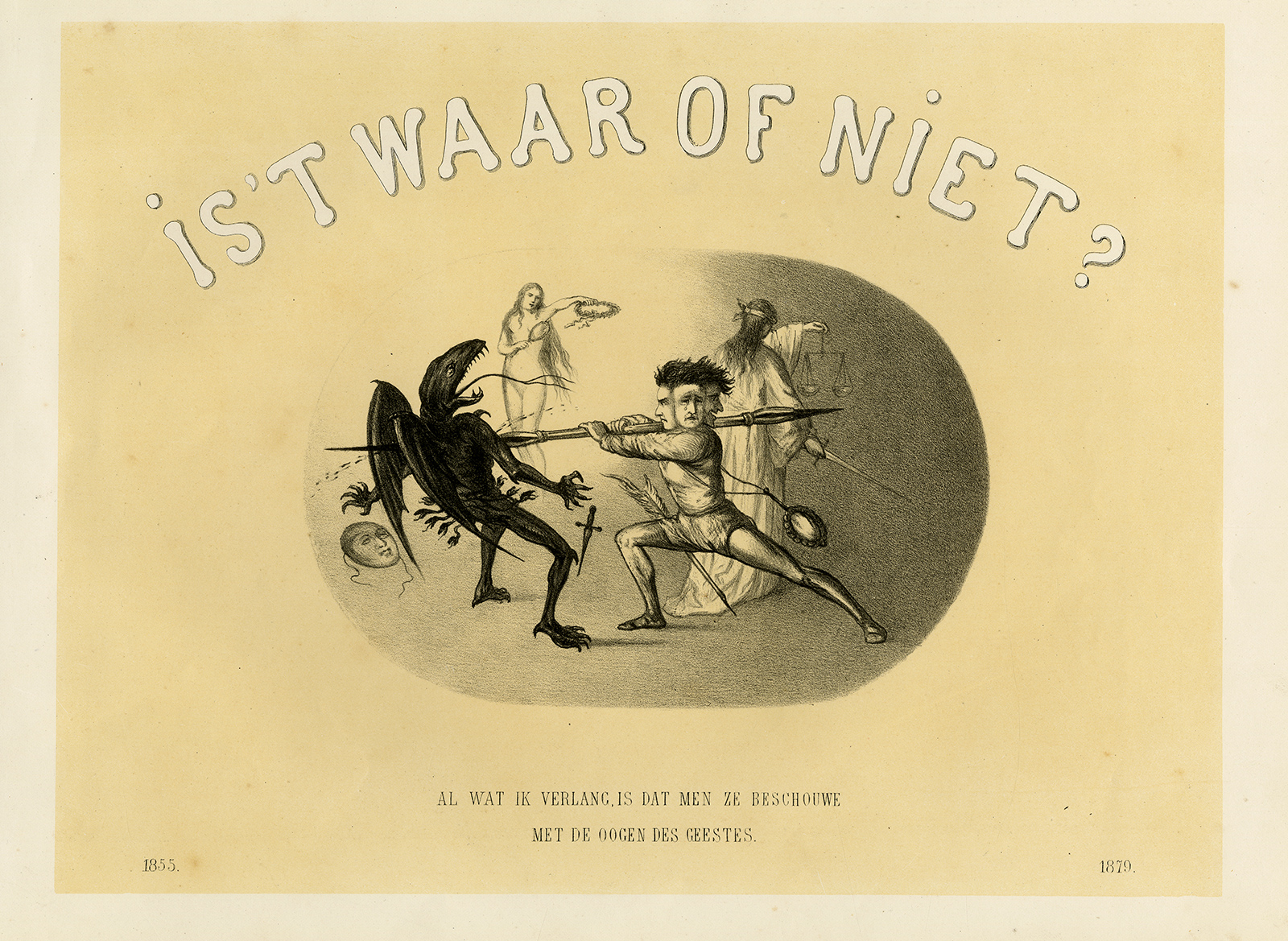
‘Is ‘t waar of niet?’ – Frontispiece to Truth or dare?
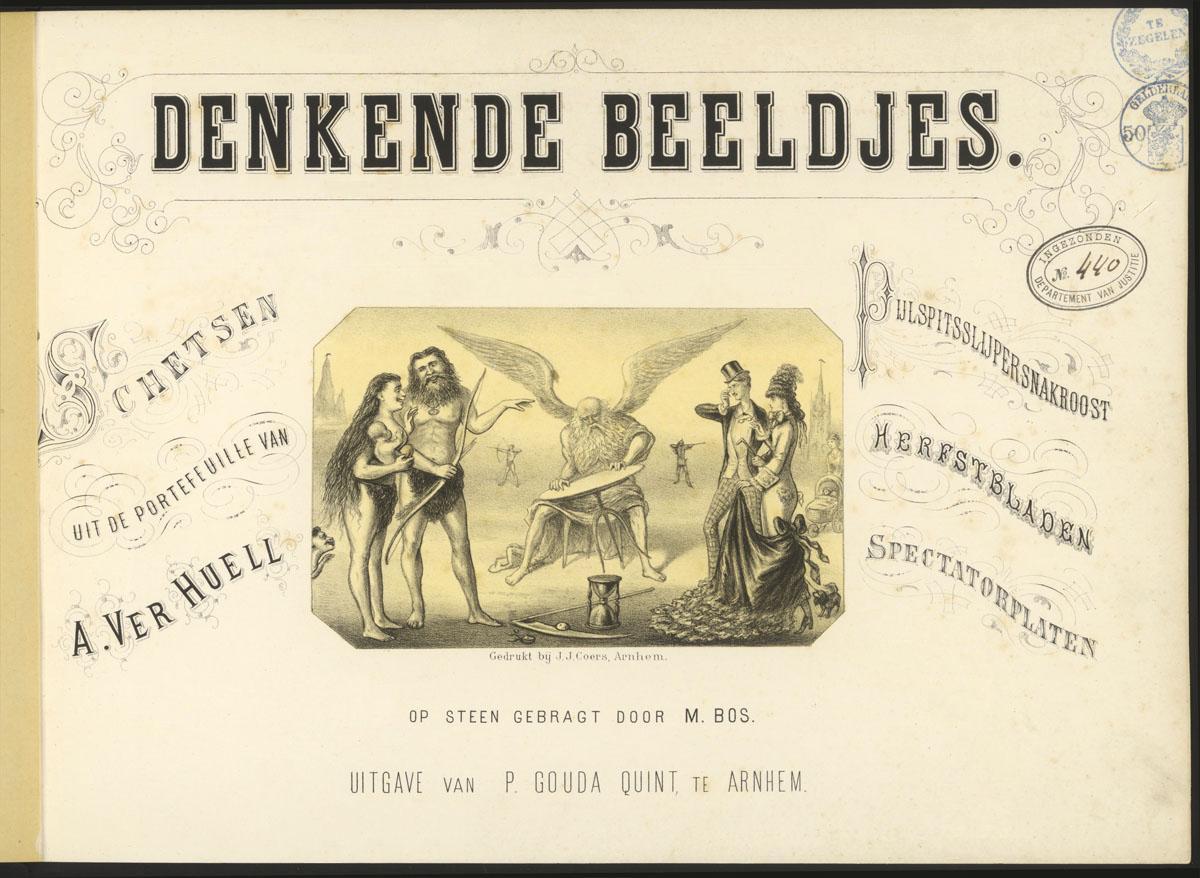
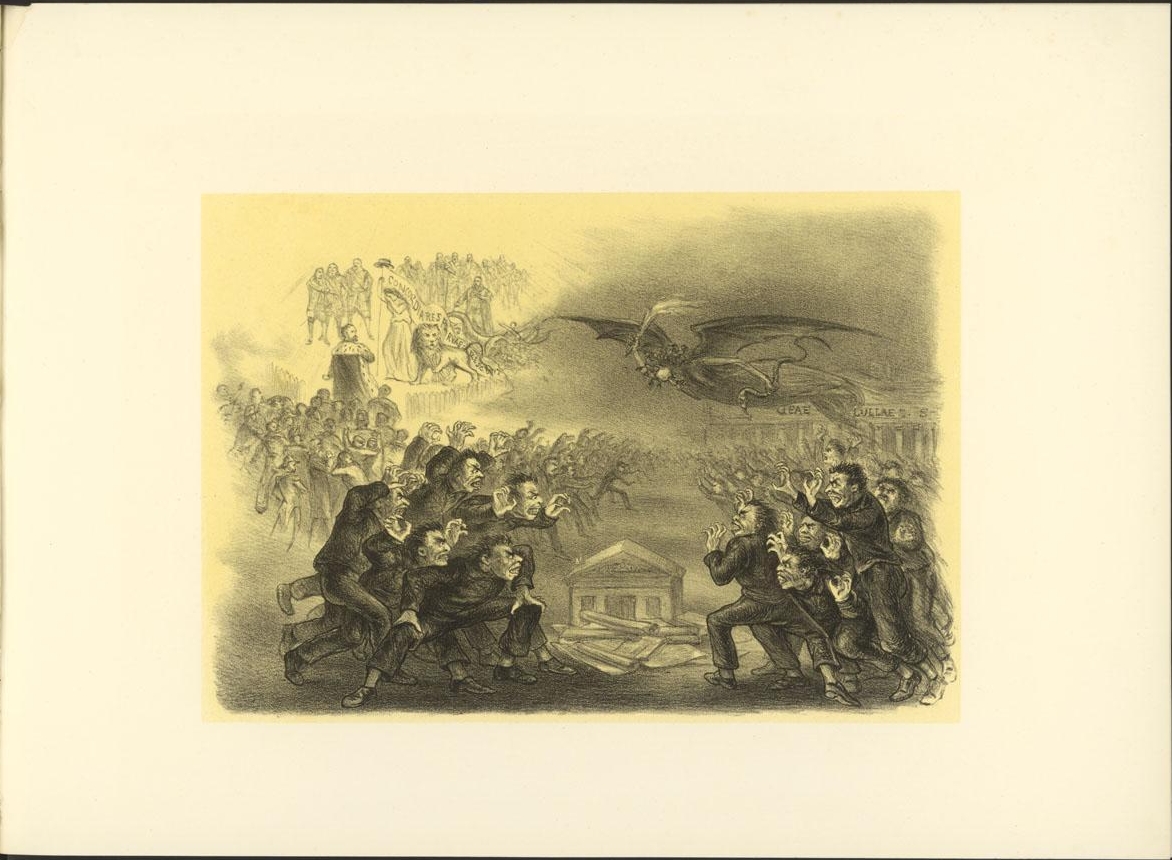
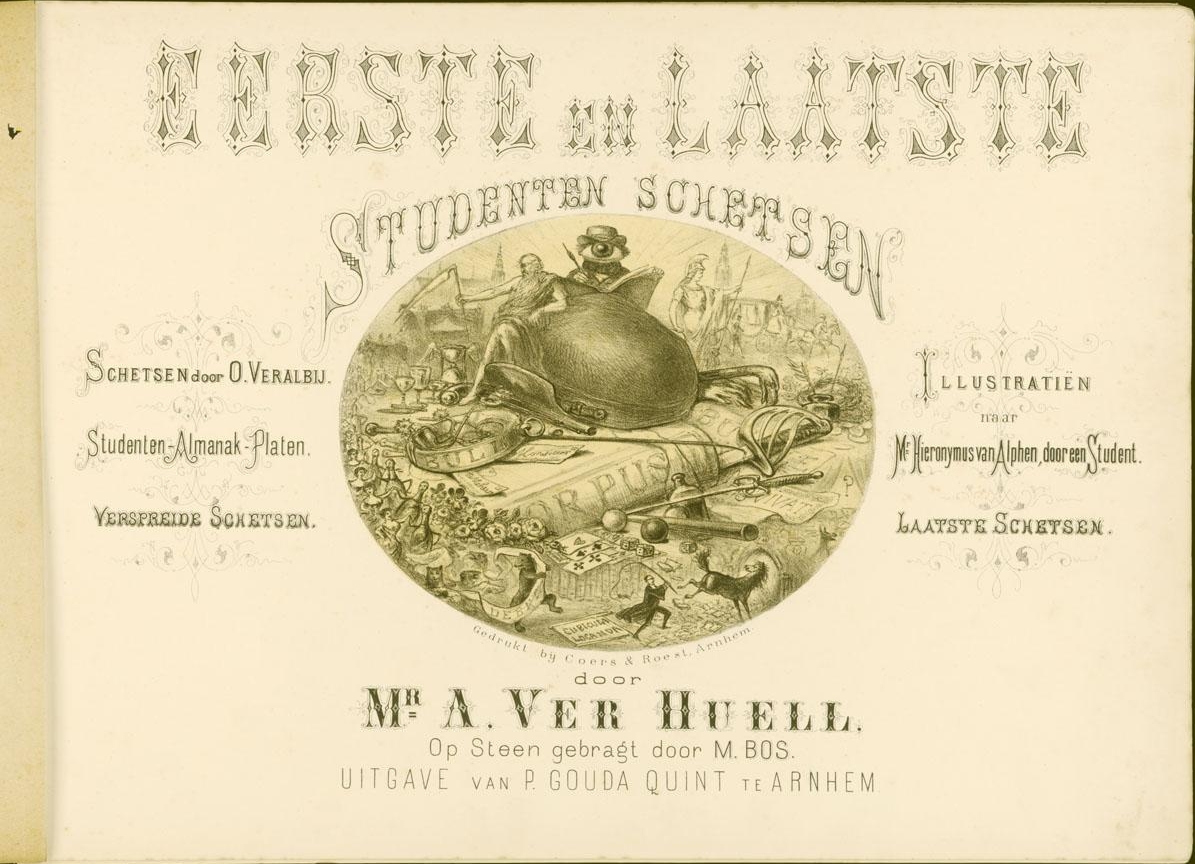
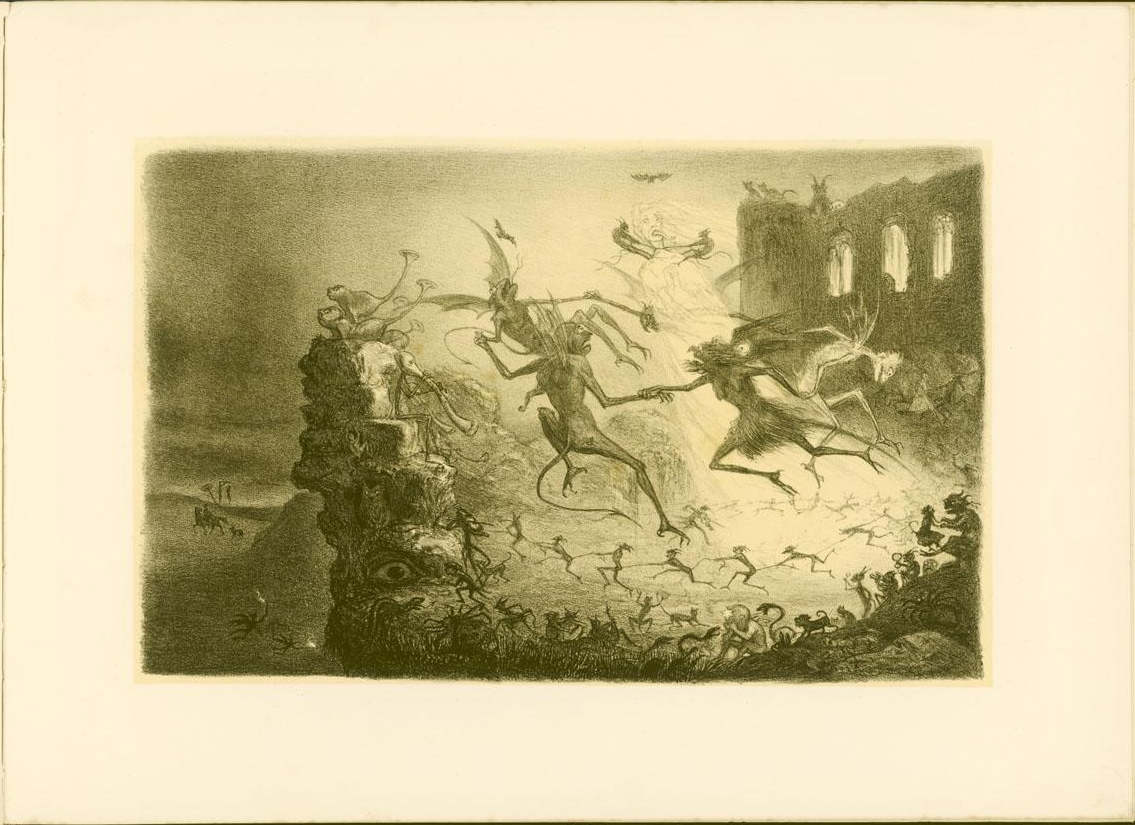
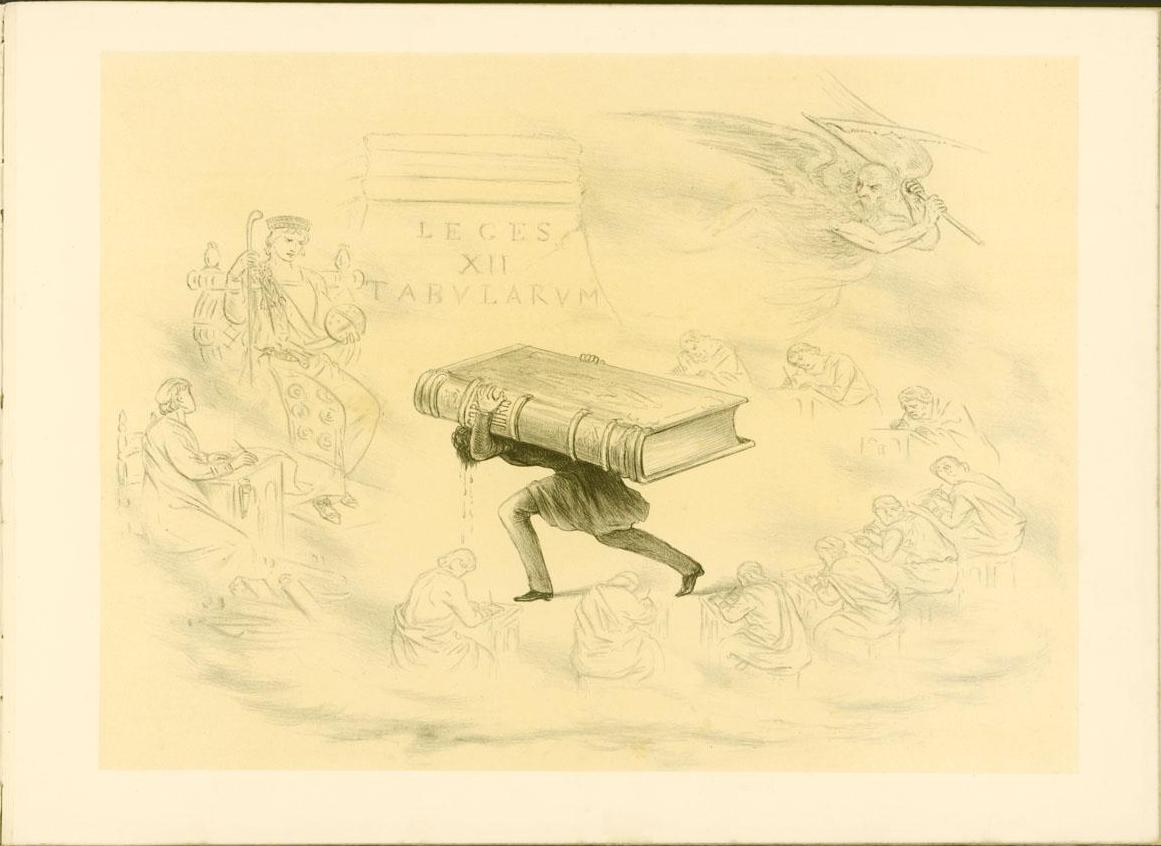
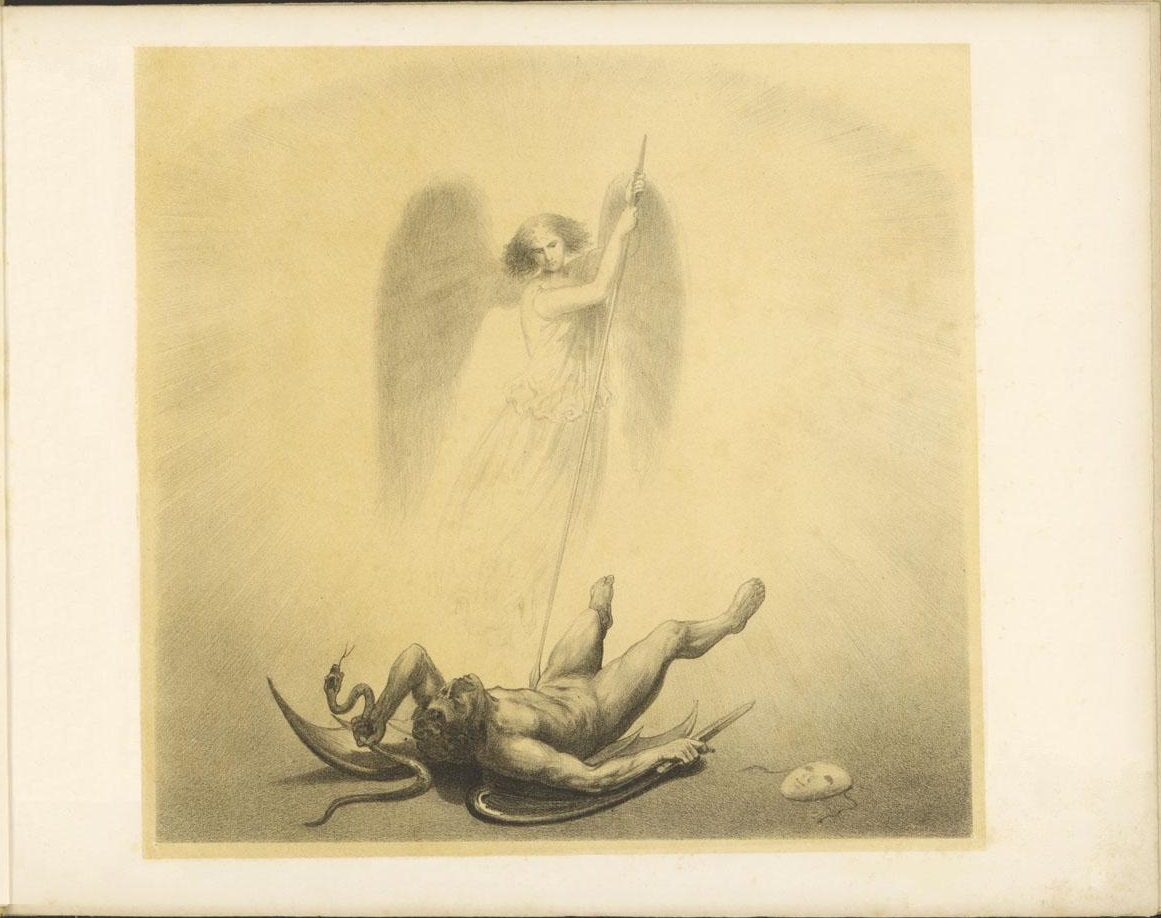
‘Licht and nacht’, from “Is ’t waar of niet” (Is it true or not), 1855
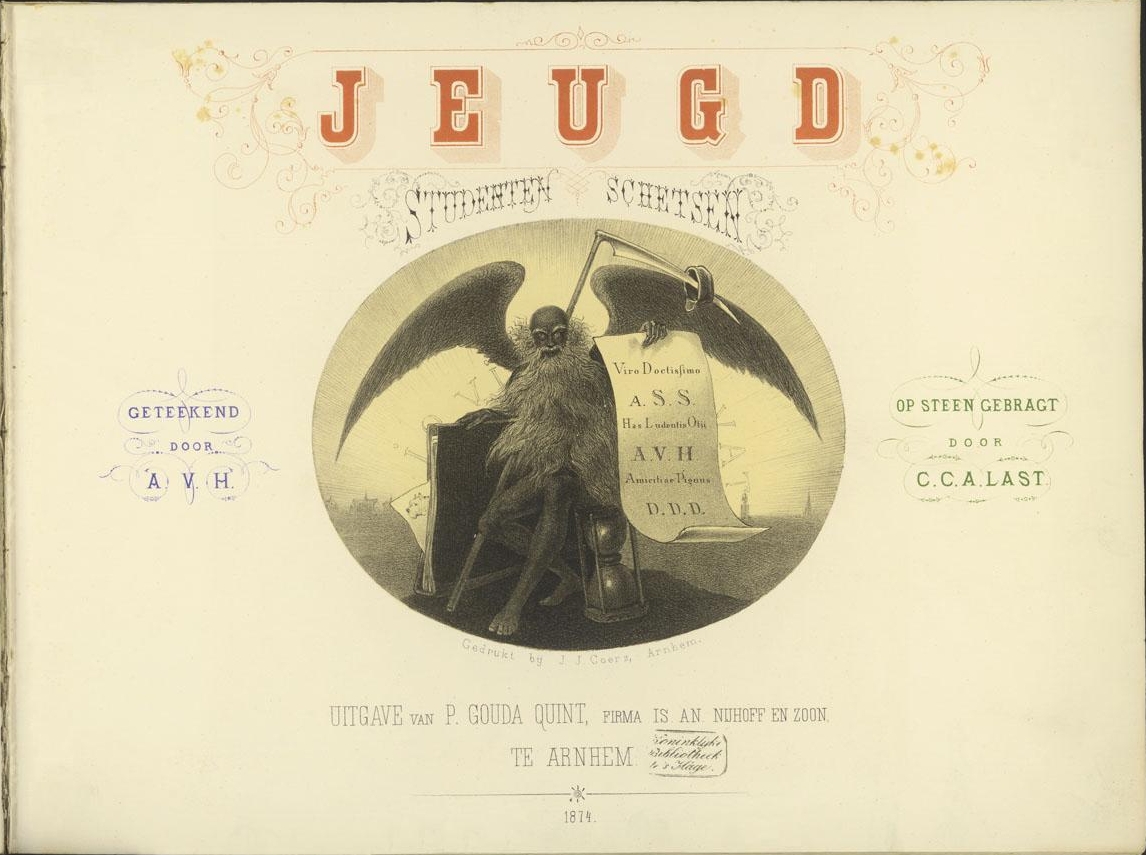
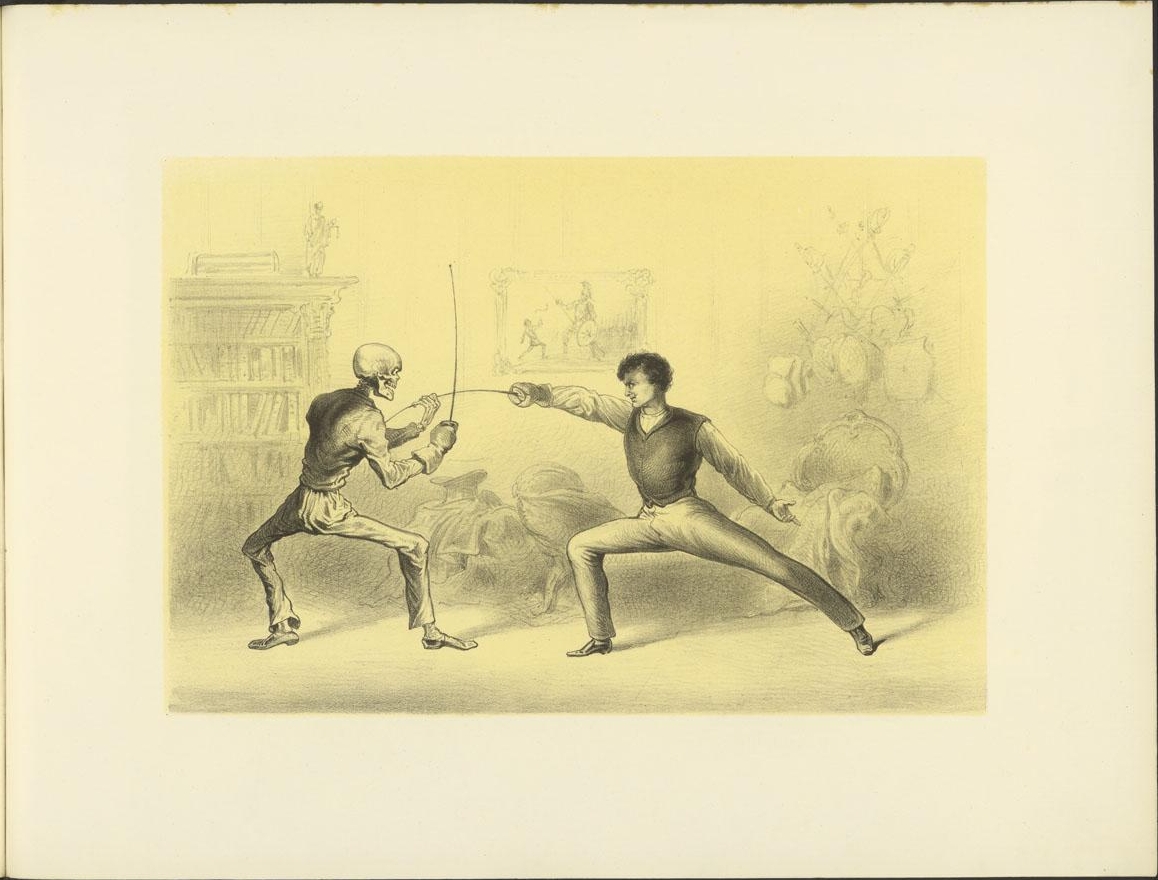
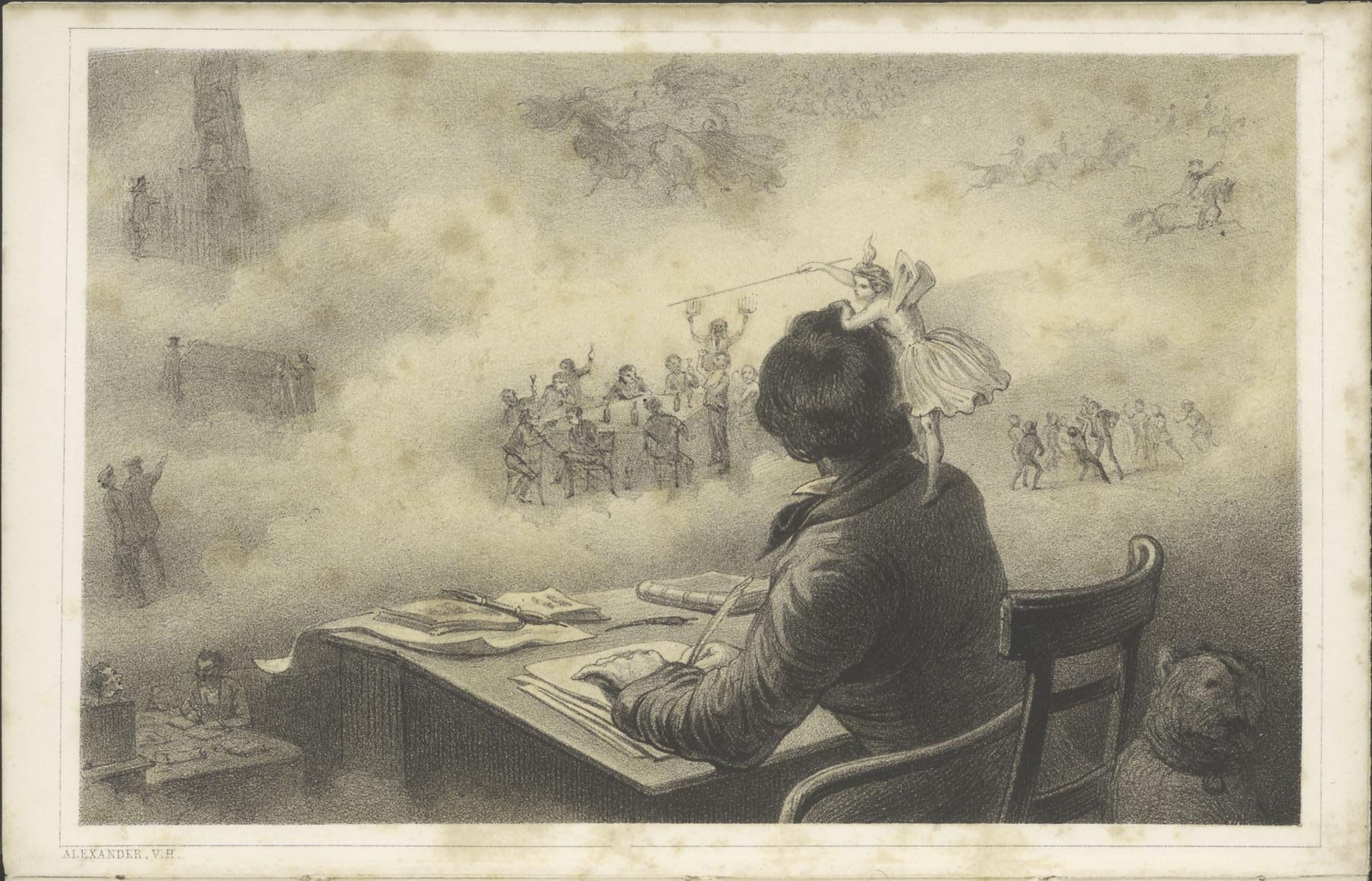
“Schetsen met de Pen” (Sketches With My Pen), 1853
Would you like to support Flashbak?
Please consider making a donation to our site. We don't want to rely on ads to bring you the best of visual culture. You can also support us by signing up to our Mailing List. And you can also follow us on Facebook, Instagram and Twitter. For great art and culture delivered to your door, visit our shop.
